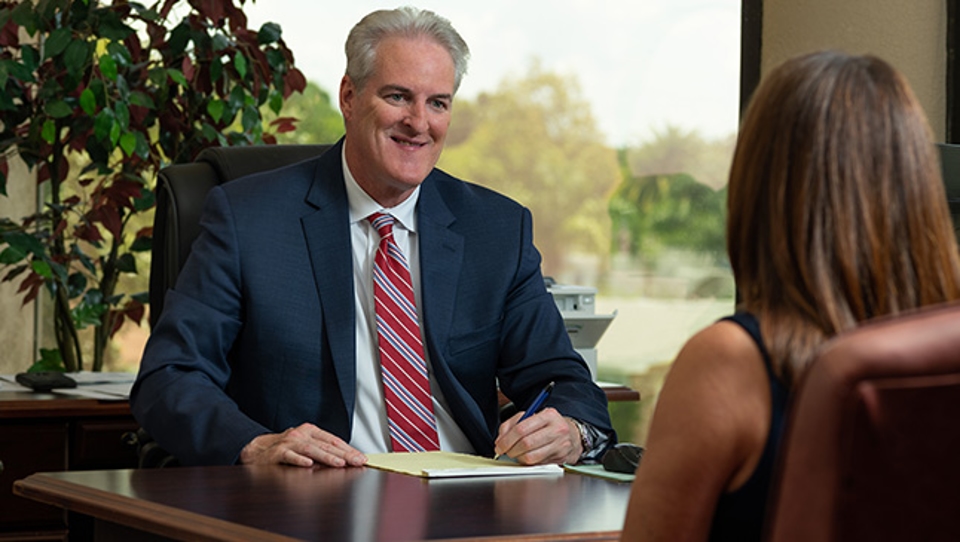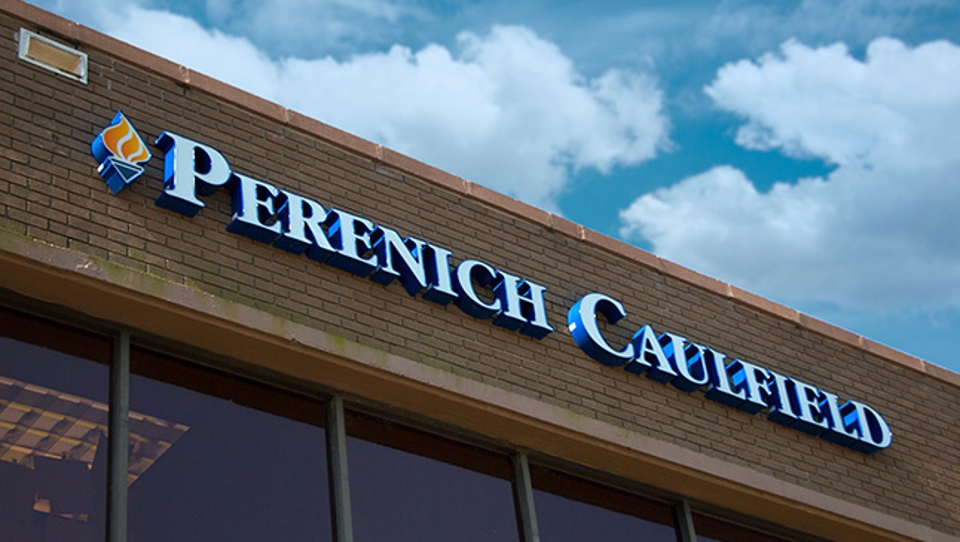Tailgating caused 53,205 car accidents in Florida in 2020. The resulting rear-end collisions killed only six people. But they injured over 13,000, including 228 who suffered incapacitating injuries and required an ambulance to take them to the hospital.
But the response of some drivers to tailgating — brake checking — is equally dangerous. In Florida, brake checking could expose a driver to civil and criminal liability for any property damage, injuries, and deaths that result.
Defining Brake Checking
Brake checking has many definitions. Some people consider any hard braking to constitute brake checking.
But for accident reconstruction experts, police officers, and injury lawyers, brake checking has a much narrower definition. For them, brake checking is an action taken in response to tailgating. It is a hard brake by a driver to “check the brakes” of the person tailgating them.
If the rear driver brakes in time, they avoid crashing. But if the tailgater was following too closely, has worn brakes, or responds too slowly, they will slam into the rear of the car they were tailgating.
A rear-end car accident can injure the occupants of both vehicles. The people in the front vehicle jerk backward into their seats. After hitting their heads and shoulders on the seat, they whip forward into their seat belts. Their heads snap forward, straining their necks. The occupants of the rear vehicle experience a similar sequence of forces.
The results of this collision can include injuries such as:
- Whiplash
- Concussions
- Facial fractures
- Back strain
- Chest bruises
- Fractured ribs
These injuries rarely cause death. But they can require expensive medical treatment, physical therapy, and medication. They might also require time off from work to heal and recover.
Legal Liability from Brake Checking
Brake checking exposes drivers to more than just injuries. It also opens up the brake checker to civil and criminal liability.
Criminal Liability
Many traffic violations result in a traffic citation, points on your driving record, and a fine. You risk jail time if you fail to pay the fines for traffic tickets. The Florida Department of Highway Safety and Motor Vehicles (FLHSMV) can also suspend your driver’s license if you accumulate too many points.
Careless Driving
If you brake check, the police could issue a ticket for careless driving. This moving offense can cost you hundreds of dollars in fines and court fees. Brake checking could constitute careless driving because it displays a lack of care and prudence.
Aggressive Careless Driving
When a police officer observes someone commit at least two simultaneous or successive traffic offenses, they can issue a ticket for aggressive careless driving. This offense also exposes the driver to fines and court fees, but not incarceration.
Because the police must see two offenses, the driver must do something besides brake checking. For example, if a driver cuts off another car and then brake checks it, the driver could get a ticket for aggressive careless driving.
Criminal Violations
Some traffic violations expose you to criminal liability. Punishment for these offenses can include incarceration. The FLHSMV can also suspend or revoke your license.
The police can arrest you for several criminal offenses associated with brake checking, including:
- Reckless driving
- Assault
- Homicide
To prove a reckless driving charge, the police must show that someone drove with wanton and reckless disregard for people and property. Reckless driving is usually a misdemeanor charge. It becomes a felony when reckless driving causes serious bodily injury.
If a driver intentionally injures someone with a vehicle, they could get charged with assault or even assault with a deadly weapon. The police must show that the driver intended to hurt someone by brake checking. This is difficult but not impossible, particularly if the driver hit the brakes so hard that a collision was unavoidable.
The state can charge a driver with homicide if the driver has recklessly or intentionally killed someone in a car accident. Rear-end collisions rarely cause fatalities, but if someone dies due to deliberate or reckless brake-checking, the district attorney may consider whether homicide charges are appropriate.
Civil Liability
Civil liability for accidents is determined using tort law. In tort law, you can be sued for damages when you intentionally or negligently injure someone.
Intentional Torts
Intentional torts happen when someone performs an intentional action that harms someone else. Brake checking could be considered one of two intentional torts: battery or assault.
Battery is making harmful contact with another person, while assault is placing someone in imminent fear of harmful contact. If a driver brake checks someone in an attempt to scare them off their tail, they may have committed assault. If a driver causes a collision by brake checking, they may have battered the occupants of the other vehicle.
The injured person needs to prove that the action that resulted in the assault or battery was intentional. By deliberately stepping on the brake in the full knowledge that it could cause a crash, the driver has intentionally taken an action that resulted in a collision. This intent could support a lawsuit for injury compensation.
Negligence
Most car accident cases result in a negligence lawsuit. Negligence happens when someone performs an action that they knew or should have known would harm another person’s body or property.
Brake checking is dangerous. Everyone knows — or should know — the danger of brake checking. If the injured party can prove brake checking happened, they have a reasonably good chance to recover injury compensation for the resulting accident.
Personal Injury Claims for Car Accidents Caused By Brake Checking in Florida
If you have been in an accident caused by brake checking, you may be entitled to compensation for your injuries. Under Florida’s pure comparative negligence statute, you may bear a share of the blame for the accident if you tailgated the other driver. This might reduce your injury compensation in proportion to your share of the blame.
For example, if a jury determines you share 30% of the blame for the accident, you can only get compensation for 70% of your losses. Thus, having a Clearwater car accident lawyer offer evidence that you share less of the blame could maximize your injury compensation.
Contact the Pinellas County Personal Injury Law Firm Of Perenich, Caulfield, Avril & Noyes Personal Injury Lawyers for Help
For more information, please contact the Clearwater and St. Petersburg personal injury law firm of Perenich, Caulfield, Avril & Noyes Personal Injury Lawyers at the nearest location to schedule a free consultation today.
We serve Pinellas County and its surrounding areas:
Perenich, Caulfield, Avril & Noyes Personal Injury Lawyers – Clearwater
1875 N Belcher Rd. STE 201,
Clearwater, FL 33765
(727) 591-3354
Perenich, Caulfield, Avril & Noyes Personal Injury Lawyers – St. Petersburg
2560 1st Ave S,
St. Petersburg, FL 33712
(727) 591-3354
The post Car Accidents Caused By Brake Checking in Florida appeared first on Perenich, Caulfield, Avril & Noyes Personal Injury Lawyers.






